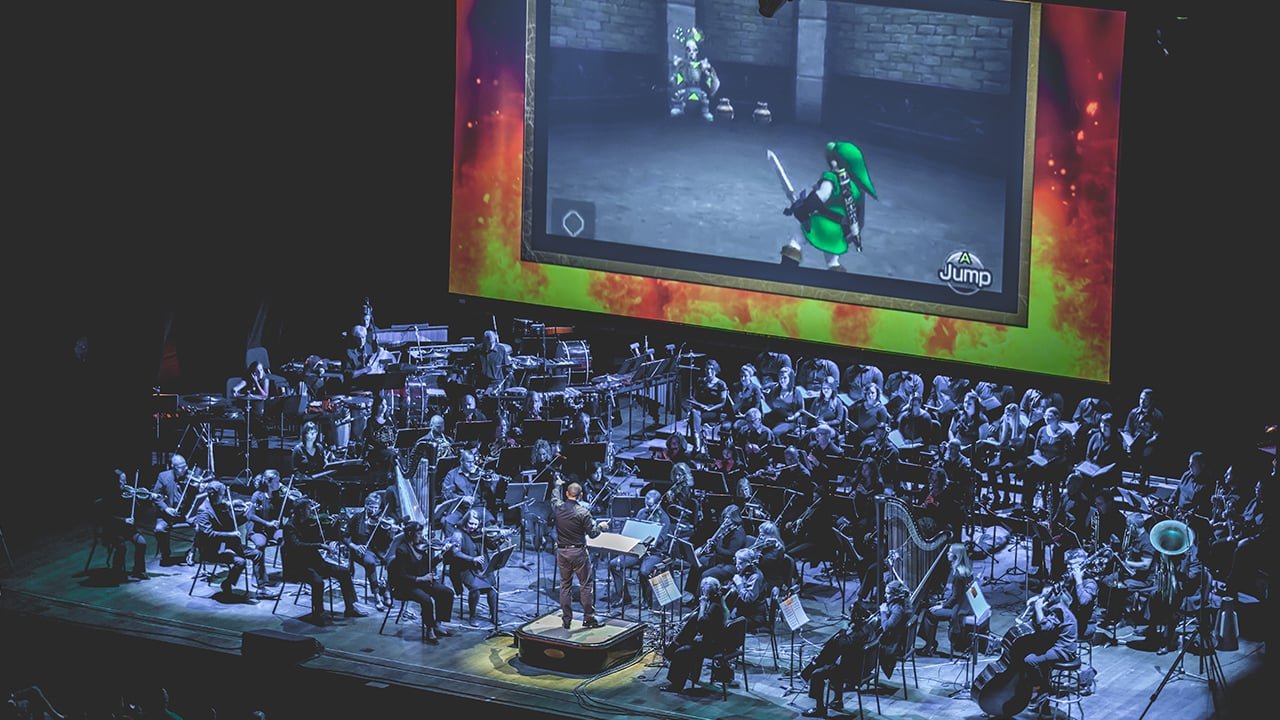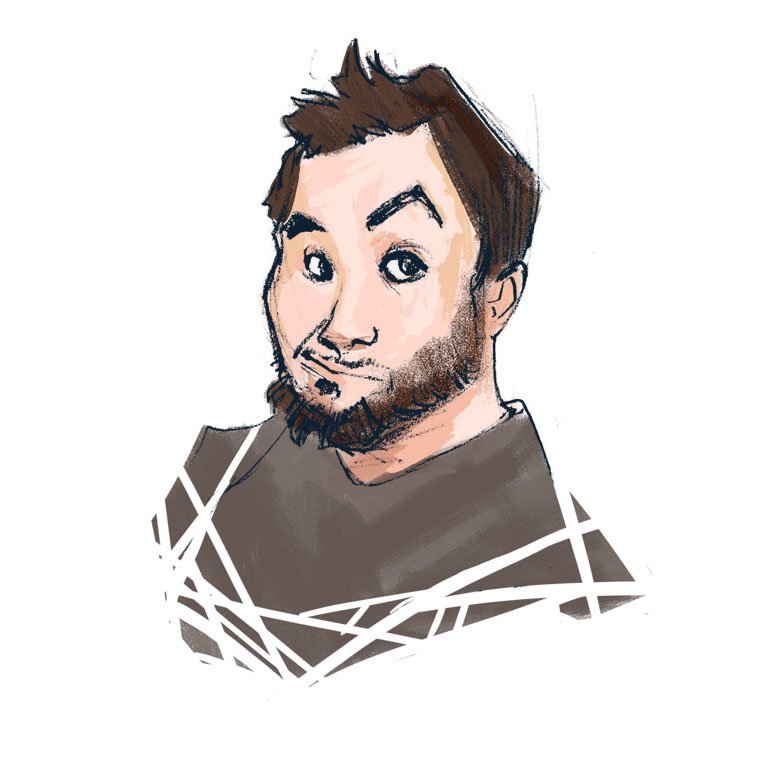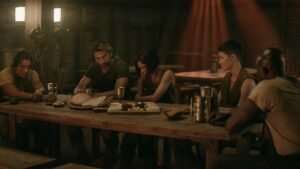In the world of videogames, it’s hard to find a series more beloved than Nintendo’s The Legend of Zelda. With a history spanning 30 years, fans have a plethora of reasons to consistently return to the series, and among those reasons is its music. In fact, The Legend of Zelda has one of the most iconic scores of any franchise in the videogame industry, which is why there is the Legend of Zelda: Symphony of the Goddesses, a multimedia experience dedicated to the music of The Legend of Zelda.
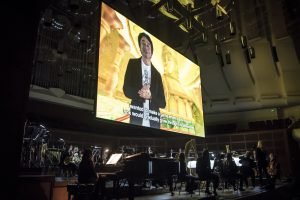
Touring around Canada and the U.S.A., with their first stop in Quebec City on Dec 7, 2016, the Legend of Zelda: Symphony of the Goddesses takes the most memorable songs of The Legend of Zelda franchise and mixes them with other tributes to the series. Nintendo endorses the show with series creator Shigeru Miyamoto and composer Koji Kondo actually attending a performance in Japan and even appearing via a pre-recorded video between songs to talk about creating The Legend of Zelda. The idea is to create a show for The Legend of Zelda fans made by The Legend of Zelda fans.
Jason Michael Paul is the mind behind Legend of Zelda: Symphony of the Goddesses, his company, Jason Michael Paul Inc., produced the show. He also hired most of the personnel and got the project off the ground. His relationship with Nintendo goes back almost a decade to another show he put together called PLAY! A Videogame Symphony. After the success of that show, the Japanese console manufacturer contacted him to produce a show dedicated to The Legend of Zelda franchise, but his love for the series goes back to its release in North America.
“I was a Nintendo head since I can remember, and when the first Legend of Zelda came out, it rocked my world,” says Paul. “Now I play with my daughter… we’re playing [Majora’s Mask 3D]…”
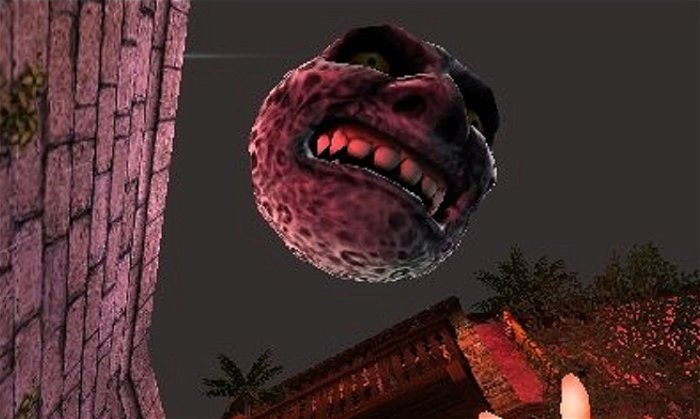
To Paul, this is a personal project. Bringing the arts to the masses is a dream for him, but it gets more personal than that. Paul imagined what the primitive beeps and boops of the original The Legend of Zelda would sound like with a full orchestra, and part of his job as producer was to bring in a team to help translate those sounds into fully realized orchestrated pieces. Originally, they worked with Kondo and Miyamoto to make that a reality. During his experience working with those two legendary names, Paul managed to take away a few lessons.
“They taught me a lot… in humility and being humble and being patient,” says Paul. “They taught me to focus on the details.”
One thing that both fans and critics usually agree on when it comes to The Legend of Zelda franchise is that there is a lot of love put into the smallest of details. Even the latest entry, The Legend of Zelda: Breath of the Wild, got delayed again as Nintendo wants the series to live up to those expectations. Legend of Zelda: Symphony of the Goddesses is not different in that regard. A multimedia experience with around 200 shows under its belt, Legend of Zelda: Symphony of the Goddesses is more than just a symphonic movement. With a visual aspect added to the show, it’s meant to bring gamers and non-gamers together. In Paul’s experience, he’s noticed generations coming to shows from grandfathers to children; it’s meant to be inclusive.
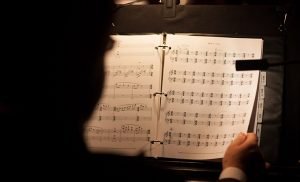
Obviously, the music is the most important part of Legend of Zelda: Symphony of the Goddesses. Kondo’s work is some of the most recognizable in pop culture, not just gaming, and much of that is because of his style. To Legend of Zelda: Symphony of the Goddesses conductor Kevin Zakresky, it’s not just because of nostalgia. In fact, he admits that as a child playing The Legend of Zelda: A Link to the Past, he didn’t appreciate the score as much as he does now. With a doctorate in Musical arts, a master’s degree in Music, and working as conductor for Pacifica Singers and Orpheum Voices on top of his work with Legend of Zelda: Symphony of the Goddesses, Zakresky looks at the series’ music a little differently than the average fan.
“There’s this sort of wonder that comes upon you as a composer or as an orchestra musician when you play these scores,” says Zakresky. “Though the orchestration is so romantic, lush, and exciting, there are so many moments of incredible poignancy in Zelda music that cover all sorts of emotions.”
In his experience, he’s noticed a large reaction to the intense “Gereudo Valley” and the more sombre piano intro to the Majora’s Mask medley they save for the encore. He describes it as a very expressive show, one that tries to evoke emotions from the audience, while still sending them home happy. Zakresky adds that Kondo’s music features evocative harmonies, and with more of a Japanese style it’s a treat to the Canadian conductor.
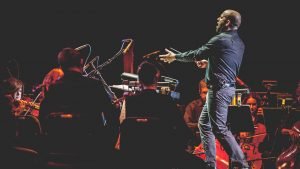
As the date moves closer to the first Quebec City show at the Grand Théâtre de Québec, Zakresky is excited to work with a new orchestra in a city the symphony has never been. The ability to speak French will help Zakresky with the two hours he gets with the musicians the afternoon of the show, but he admits a lot can be said with just a flick of the wrist.
Still, playing in Quebec City is a big deal to both Zakresky and Paul. As a city rich in history, and considered the cultural hub of Canada, it only makes sense that the symphony that’s helping to bring videogame music to the masses makes its way there despite the area being a relatively smaller market compared to other cities they’ve played in like Toronto, New York, or Tokyo. Even if it isn’t as big as those cities, tickets are still available on the Legend of Zelda: Symphony of the Goddesses website for those who are in the area around that time.
As a multimedia experience designed as a tribute to one of the most celebrated series’ in videogames Legend of Zelda: Symphony of the Goddesses, aims to be an inclusive night at the orchestra created by fans of the series for those who enjoy music. With a score remade to fit an orchestra, and multiple nods to the fans, their first trip to Quebec City should be interesting for audiences who’ve never experienced the show.
